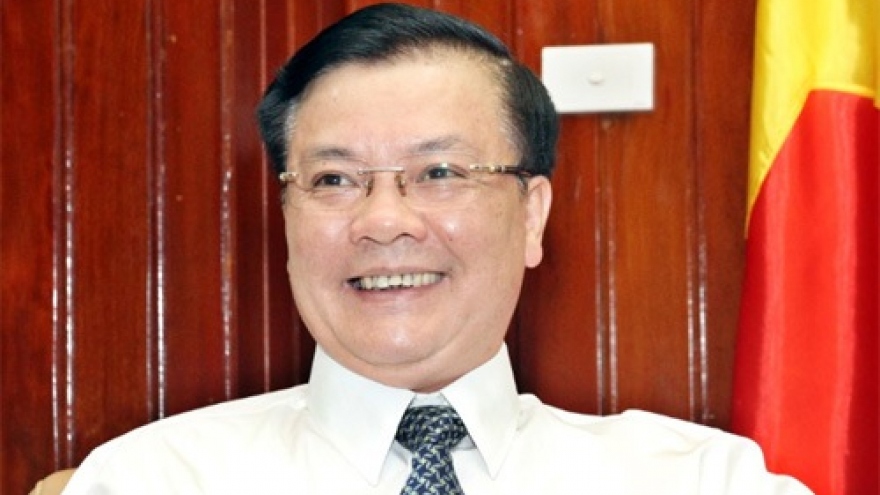Vietnam can only afford half of spending planned for 2016-20
The Vietnamese government will need twice as much as it can afford when it comes to spending in the next five years, the Ministry of Planning and Investment has said, raising the eyebrows of lawmaking National Assembly members.
The government is seeking approval from the National Assembly for a tentative financial plan for the 2016-20 period, with the capital needed for investment and development totaling VND4 trillion (US$178.57 million).
“This is 2.1 times higher than what the budget can afford, VND1.84 trillion [US$82.14 million],” Minister of Planning and Investment Bui Quang Vinh admitted at a National Assembly Standing Committee meeting in Hanoi on March 7.
The standing committee was briefed on the spending plan before lawmakers officially decide on whether to approve or reject it at the next meeting later this month.
 |
As it will be difficult to arrange enough capital as needed, the government suggested that allotment be prioritized for such projects that are completed but not commissioned due to financial hurdles, or those whose completion is expected to meet deadlines, Minister Vinh said.
“For projects slated to kick off in the 2016-20 period, the government suggests that only those that are really necessary be kick-started,” he said.
“Construction of these projects must be in line with the official development assistance and preferential loans the government has signed agreements to receive.”
The financial plan also proposes that the government be allowed to raise VND200 trillion (US$8.93 billion) in bonds for investment in traffic, irrigation, and healthcare.
Government debt exceeds limit
In the meantime, another report by the Ministry of Finance, also delivered by Minister Dinh Tien Dung at Monday’s meeting, showed that government debt had already broken the ceiling by the end of last year.
The government now owes debts worth 50.3% of GDP, compared to the allowed 50% cap, according to the report.
A ceiling of 65% is set for national or public debt.
 |
Public debts include the government’s total outstanding loans from domestic and international sources; government-backed debts, including guarantees on foreign loans of enterprises and credit institutions and guarantees for loans/bonds in the domestic capital market for financial institutions; and liabilities taken on by province-level administrations.
The finance ministry therefore advised that the ceiling for government debt be raised to 55% of GDP by 2020, while the cap on national debt remains unchanged.
“The government will have to guarantee large loans in the future as many megaprojects such as Long Thanh International Airport and the Ninh Thuan nuclear power plant are slated to be developed,” the minister explained.
The new airport, located in the southern province of Dong Nai, needs VND336.63 trillion (US$16.03 billion) to build, whereas the nuclear power plant, located in the south-central province of Ninh Thuan, costs some VND3.235 trillion (US$148.3 million).
But the proposal to hike the debt ceiling for the government was rejected by National Assembly chairman Nguyen Sinh Hung.
“Could you be able to lower the cap once it is hiked to 55% of GDP?” Hung challenged the finance minister.
“It will be a disaster if you allow public debt to keep rising as in recent years.”
In 2015 Vietnam’s public debt was some 61.3% of GDP, still below the 65% limit, but experts are concerned that it will soon breach the ceiling.
After commenting on the reports of the finance and investment ministries, the National Assembly Standing Committee eventually decided to delay approval for them until the next tenure of the legislative body.
“The government should prepare the spending and investment plans more carefully so that the 14th National Assembly can ratify them,” Hung said.
The finance ministry has yet to have stable and firm solutions for earning money, whereas its investment counterpart does not have a detailed list of projects that need funding, according to the chairman.
“With all these uncertainties and shortcomings, how could lawmakers give their nod?” he said.


